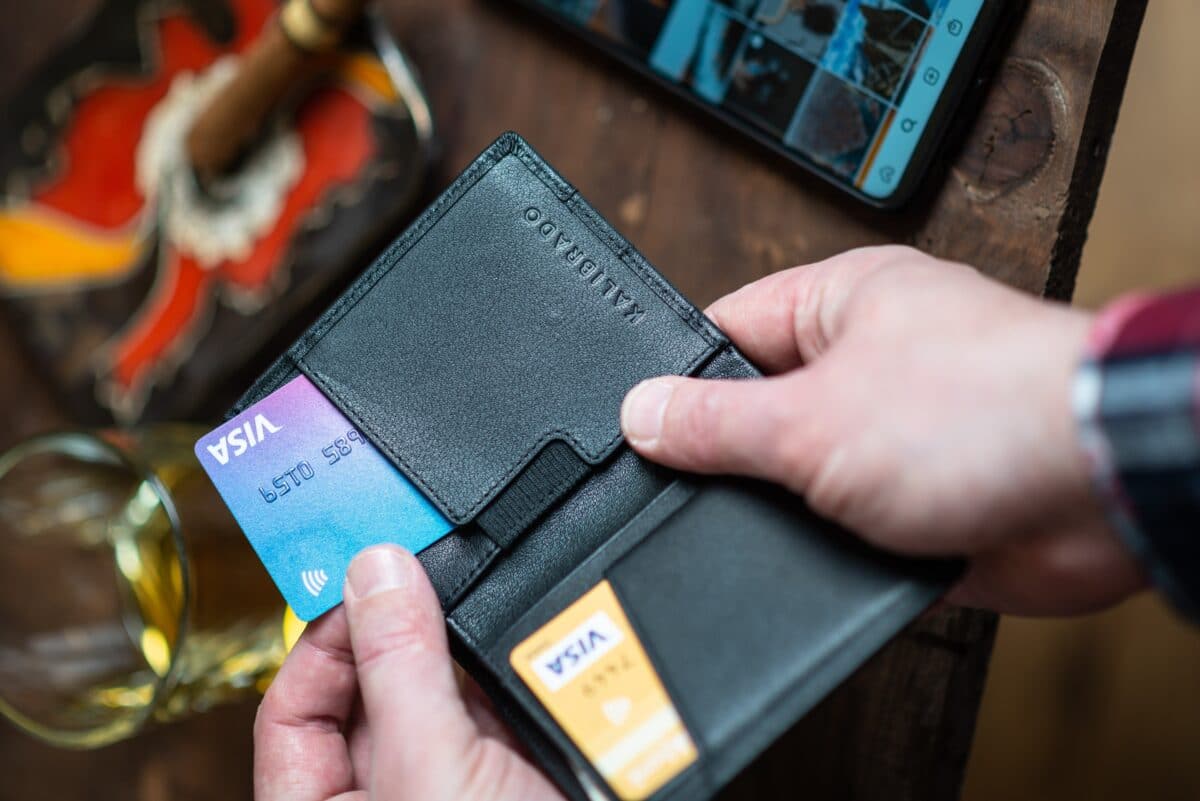At one point or another, you’ll need to take out a loan — whether it’s for higher education or a major purchase, like a car or a home. This alone is why you need a credit score. In addition, Nerdwallet details how building credit is vital in many other ways, like using credit for costly emergencies or convincing a landlord that you’d make a good tenant. Ultimately, your credit score can serve as a financial safety net, and in case you do need to borrow money, having a good score will guarantee that you’ll be able to secure the best products at the lowest rates possible.

Having said that, some people actually don’t have a credit score, with 11% of American adults currently without one. And this could be you, for all you know, especially if you have never had a credit account. As a result, you might find it difficult to secure a loan, and this might prove problematic if you encounter any emergencies.
So, if you don’t have a credit score, we suggest you start building one now. And although it can be intimidating at first, it isn’t that difficult, as the credit-building suggestions below show:
1. Get a credit card
Getting a credit card is the traditional way to start building credit. Fortunately, it’s now easier to get a credit card, as there are fewer requirements than there were 10 years ago. One such card is a retail store credit card. The trade-off, however, is that it generally has higher interest rates, and you’ll be able to use it only in the retailer’s stores. Another option is a secured credit card, which requires only a deposit as collateral. It functions like any regular credit card, and that means you’ll need to pay back any charges you make using it.
In this Capital One Venture X review, you’ll notice a unique opportunity for credit building. By consistently using the card for everyday purchases and diligently paying off the balance each month, cardholders can effectively boost their credit scores over time, harnessing the power of responsible credit use.
2. Secure a credit-builder loan
Taking out a credit-builder loan is another popular option, and is issued by credit unions and banks. Similar to a secured credit card, this small loan requires a cash deposit, making it less than ideal if you want to access cash. A feature on credit building by Petal Card explains that with this type of loan, your deposit is held in an interest-bearing account while you pay the loan in installments. This way, not only can you start building credit through your loan repayments, but you also earn a small amount from your deposit’s interest. It’s also a different type of credit, which can help add points to your score.
3. Be an authorized user
If you’ve got a family member or significant other with a credit card, consider asking them to add you as an authorized user. Should they agree, you’ll be able to build credit off of that card. CNBC’s guide on building credit without a history details how you can benefit from someone else’s good credit history and add to your own score. Make sure, though, that the card’s issuer reports authorized user activity, and that the card owner pays on time. After all, making payments on time is important when it comes to building credit. That’s because delinquencies are always reported by the credit bureaus, and these can hurt your score in the long term.
4. Self-report bills payments

Finally, it’s now possible to get your bills payment history reflected in your credit files, which can then be the basis for your initial score. You can, for instance, get credit for your rent payments by reporting them to credit bureaus through rent-reporting services, like LevelCredit and Rental Kharma. You can also sign up for Experian Boost, which can add your phone and utility bills to your Experian report. These won’t move the needle that much, but they are a start nonetheless.
The most important thing to keep in mind as you work to build your credit score is to be patient. While some strategies here allow you to see small improvements quickly, excellent credit scores are earned through consistent financial behavior over years. Committing to your financial goals in line with your priorities is ultimately the best way to get your credit score up, and a clean slate is a good place to start.
If you found this guide useful and would like more personal finance tips, check out our finance section here on MK Library.
- About the Author
- Latest Posts
Whether she is researching the latest trends in home decor, life-changing destination getaways, or the best way to maintain your finances, Dewey takes pride in leaving no stone unturned. She is passionate about distilling and delivering high-quality information that you can use to upgrade your life.

